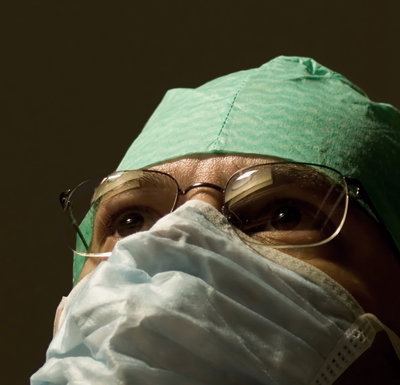 Despite a rise of almost 8,000% in reporting of cosmetic surgery in the mainstream media over the past 20 years, many products and techniques promoted directly to the press and public actually have very few, if any, published scientific articles behind them, according to research presented to the Annual Scientific Meeting of the British Association of Aesthetic Plastic Surgeons (BAAPS) in September.
Despite a rise of almost 8,000% in reporting of cosmetic surgery in the mainstream media over the past 20 years, many products and techniques promoted directly to the press and public actually have very few, if any, published scientific articles behind them, according to research presented to the Annual Scientific Meeting of the British Association of Aesthetic Plastic Surgeons (BAAPS) in September.
The study looked into some of the most popular treatments and found not only that clinical papers on them are scarce, but also that those studies that did take place followed very low numbers of cases (one trial just tracked two patients), usually for a very short amount of time. Moreover, well over a third of the authors involved admitted to conflicts of interest. The BAAPS called for the media and public to use a measuring system similar to those used in surgical journals which 'grades' the levels of evidence behind new procedures and claims.
The conference heard that, whereas in 1991 there were only 45 articles in national newspapers dealing with cosmetic surgery, by 2013 there were 3,568 - a rise of 7,900%. The amount of mainstream coverage achieved by just four of the most popular aesthetic devices was 24 times the number of clinical papers behind them - almost 600 articles in the consumer press, against 25 in medical journals.
The way the surgical arena evaluates even early or experimental data published in respected outlets such as the Aesthetic Surgery Journal and Plastic and Reconstructive Surgery is by using a colour-coded 'evidence pyramid' which classifies the level of research behind study conclusions. They can range from the most basic expert opinion or claim (lowest tier) through to small studies, then more exhaustive trials and long-term analysis (highest). The pyramid was presented to surgeons at the conference, and in turn the BAAPS offered a simplified version for the media and public to be able to accurately gauge the amount of proof behind new product claims.
According to consultant plastic surgeon and outgoing BAAPS president Rajiv Grover: 'We know that, due to the 'normalisation' and growing acceptance of aesthetic treatments, there has naturally been a stratospheric rise in media reporting in this area. Journalists in the consumer press have had their work cut out - increasingly addressing issues such as risks, complications and the importance of regulation in the sector. I don't envy the challenges of reporting credible developments from such a murky field, but that doesn't mean the cosmetic surgery sector should be allowed to stitch people up.'
The research found that media reports of complications and regulation in cosmetic surgery have risen by over 17,000% and 20,000% respectively since 1991. Three quarters of consumer press coverage involves publicity driven by a commercial provider or practitioner offering the treatment and 15% involved celebrity endorsements.
Rajiv Grover continued: 'In the clinical world, there is widespread use of 'tiers' which allow us to determine how much research backs findings, so we can make informed decisions based on evidence that goes further than skin deep. However, without a similar filter, there are pitfalls for those who might be swayed by weak data, manipulated photos or paid-for celebrity endorsements. There urgently needs to be a traffic light or warning system for new devices and techniques promoted to the public.'
According to Preston-based consultant plastic surgeon and BAAPS trainee member Reza Nassab, who conducted the studies Evidence-based Hype and Cosmetic Surgery in the Press: 'The evidence supporting many new devices is of low level and the results are variable. The public may not be aware of all research findings and results - increased education is needed to ensure people understand that treatments may not be as effective as portrayed in their marketing materials. Organisations such as the BAAPS and the new National Institute for Aesthetic Research are ideally placed to promote education in this area.'
The National Institute for Aesthetic Research was launched a year ago as a joint initiative by the BAAPS and leading charity The Healing Foundation.